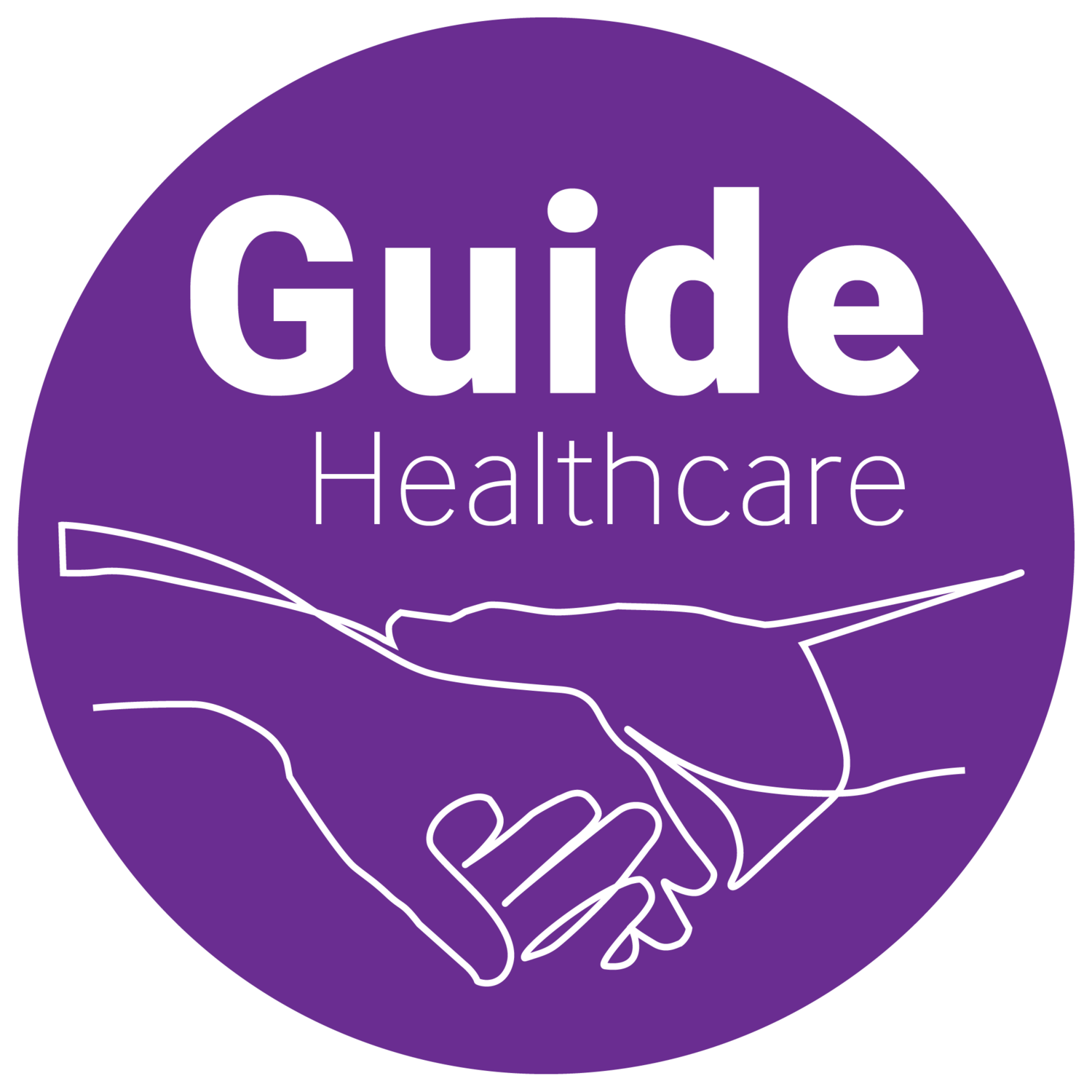
Home > Aged Care > Physiotherapy > Manual Handling Training
Manual Handling Training
What’s good about working with people? It’s a simple question, but a resident’s experience of being assisted by a staff member can be dramatically improved if we remember the human element of manual handling in care. Our training focuses on highlighting the importance of avoiding a “task mindset” and how this can ensure safe practice and a positive care experience.
Manual handling means using your body to exert force to handle or support any object, including people. It includes things like lifting, pushing, pulling, holding, lowering, throwing, carrying and cleaning. All staff members working in a residential aged care facility will complete manual handling tasks on a daily basis. Manual Handling Training helps to ensure that staff perform high risk tasks in the safest possible manner.

Why is Manual Handling Training Important?
Between 2014-2015 there were 8500 work cover claims for "body stressing" by healthcare employees. During this period, despite employing 12% of the Australian workforce, healthcare workers accounted for 16% of serious workers’ compensation claims. Within this group, personal carers made up the vast majority of all claims.
Poor manual handling practices result in higher rates of skin tears and injuries to staff and residents. All of our clinicians are provided with up-to-date education on manual handling principles, safe work practices, correct use of equipment guidelines and risk minimisation strategies.
Each of our clinicians is able to present our “Guide to Manual Handling” which includes theory and practical sessions specifically designed for care/nursing and ancillary staff. The benefit of this, is that you have the flexibility to organise and complete training sessions at your discretion. It also means that our clinicians can provide input on specific resident issues, as well as provide ongoing advocacy for safe work practices within your home.

Theory Session
What constitutes manual handling
The principles of manual handling
The importance of communication
How to apply manual handling principles to specific roles
What are high risk work tasks
How to identify and control risks
Managing your environment
Rights and responsibilities as an employee
Rights and responsibilities as an employer
Common manual handling injuries
How to prevent common manual handling injuries
Strategies to avoid lifting
The process of redesigning tasks
Dispelling common myths about the dangers of movement
Basic injury management strategies
Practical Session
Safe lifting technique
Correct body positioning for assistance with transfers and mobility
Optimising movement patterns and body position for sit to stands
How to safely complete transfers from bed to chair or chair to chair
How to assist residents/clients to reposition in bed or chair
Correct use of transfer belts
Correct use of slide sheets
Correct use of transfer aids including the Sara-Stedy, stand-up lifter, full-sling lifter/sling hoist and ceiling hoist
Use of emergency release mechanisms and managing equipment failure
Pushing and pulling wheelchairs, trolleys and beds
Resident/client specific manual handling issues

Book a Manual Handling Training session today.

FAQs
1. Who will be delivering the manual handling training sessions?
Our manual handling training sessions are generally delivered by our on-site clinicians. Each of our clinicians is given comprehensive training on how to complete both the theory and practical sessions involved in competency based manual handling training.
For those organisation who would like to access our manual handling training only, an experienced clinician will complete an on-site audit of your environment and equipment, familiarise themselves with your policies and procedures and then deliver the training sessions.
2. How long do the theory and practical sessions go for?
Theory Session – designed to run for 60minutes. This can be adjusted to meet the specific needs of the organisation.
Practical Session – designed to run for 90minutes. Our practical sessions provide hands on training for all aspects of manual handling in care delivery. Practical sessions for ancillary staff are designed to run for 60minutes. This can be adjusted to meet the specific needs of the organisation.
3. How many staff members can attend the theory and practical sessions at one time?
Theory Session – we generally have between 5 and 30 staff members attend each session.
Practical Session – we encourage providers to keep each practical session to between 5 – 15 staff. This allows for greater staff engagement and more effective delivery of training.
Whilst we encourage providers to organise annual competency training times throughout the year, we understand the importance and need to complete training for smaller groups of new staff members frequently throughout the year. There is no additional cost to our partner organisations for this training.
4. Can we use Guide Healthcare to complete our annual manual handling competency training?
Yes – Staff members need to demonstrate a sound understanding of manual handling principles and safe work practices, as well as show competency in the safe assistance of residents including use of equipment.
Where appropriate, staff are then signed-off as competent using Guide Healthcare’s or the organisations manual handling competencies.
5. Is manual handling training included as part of Guide Healthcare’s physiotherapy and pain management service?
Yes – Guide’s Manual Handling Training programs are available to all of our partner organisations at no additional cost.
6. Do we have to employ a Guide Healthcare staff member to access the Manual Handling competency training?
No – Guide Healthcare’s Manual Handling Training programs can be delivered to any aged, community or disability provider. Please contact us to book a session.
Guide Healthcare physiotherapists are able to meet your staff members annual manual handling competency requirements. Our training sessions aim to ensure that carers remember the ‘human element’ of their role, and how this applies to manual handling.

Contact us.
admin@guidehealthcare.com.au
02 9663 0387

